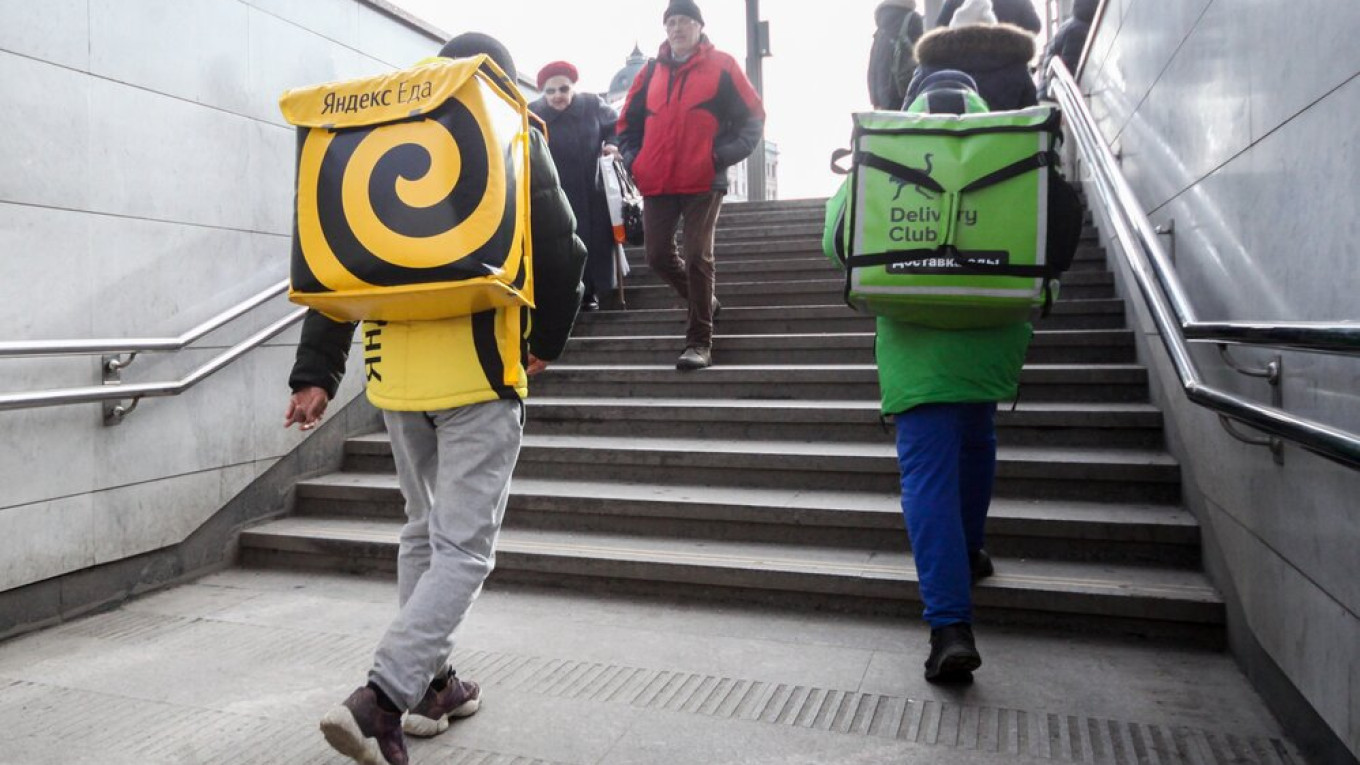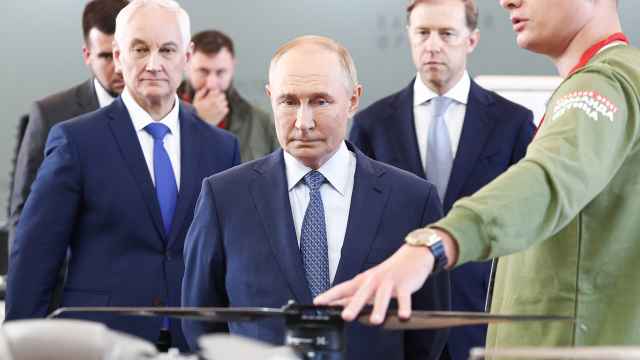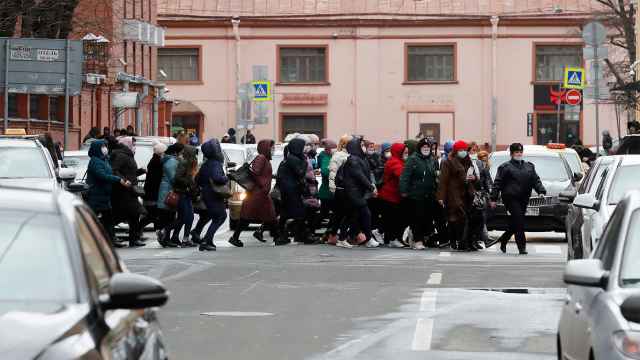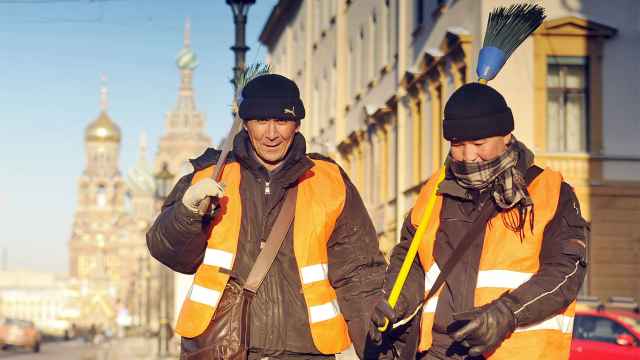St. Petersburg authorities on Monday banned migrant workers from working as couriers and delivery people.
The order, signed by Governor Alexander Beglov and announced by the city administration, amends a July 28, 2025, regulation that had previously barred migrant workers only from taxi services.
The ban now extends to all types of delivery work, from traditional courier services and goods transport to home food delivery and other similar services.
City officials said the measure aims to reduce illegal employment, improve the quality and safety of services and open up more jobs for local residents, especially students and young people.
Businesses will have a three-month transition period to bring their hiring practices into compliance.
As of January 2025, 49 Russian regions, including occupied territories in Ukraine, had introduced similar bans in various professions, the exiled news outlet Vyorstka reported.
The measures have primarily affected migrants from Uzbekistan and Tajikistan and were a direct consequence of an anti-migrant campaign that followed the March 2024 terrorist attack at Crocus City Hall near Moscow, Vyorstka reported.
The labor restrictions on migrant workers come as Russia grapples with severe labor shortages. The Higher School of Economics estimated that by the end of 2024, the country faced a deficit of 2.6 million workers, up 17% from the previous year. The shortfall is most acute in manufacturing (391,000 workers), retail (347,000) and transportation (219,000).
Alexander Shokhin, president of the Russian Union of Industrialists and Entrepreneurs, put the overall shortage at between 2.4 million and 3 million workers in July.
He said the problem could not be solved in the coming years through productivity gains or longer working hours, arguing that the only realistic solution is to bring in more migrant labor.
A Message from The Moscow Times:
Dear readers,
We are facing unprecedented challenges. Russia's Prosecutor General's Office has designated The Moscow Times as an "undesirable" organization, criminalizing our work and putting our staff at risk of prosecution. This follows our earlier unjust labeling as a "foreign agent."
These actions are direct attempts to silence independent journalism in Russia. The authorities claim our work "discredits the decisions of the Russian leadership." We see things differently: we strive to provide accurate, unbiased reporting on Russia.
We, the journalists of The Moscow Times, refuse to be silenced. But to continue our work, we need your help.
Your support, no matter how small, makes a world of difference. If you can, please support us monthly starting from just $2. It's quick to set up, and every contribution makes a significant impact.
By supporting The Moscow Times, you're defending open, independent journalism in the face of repression. Thank you for standing with us.
Remind me later.






